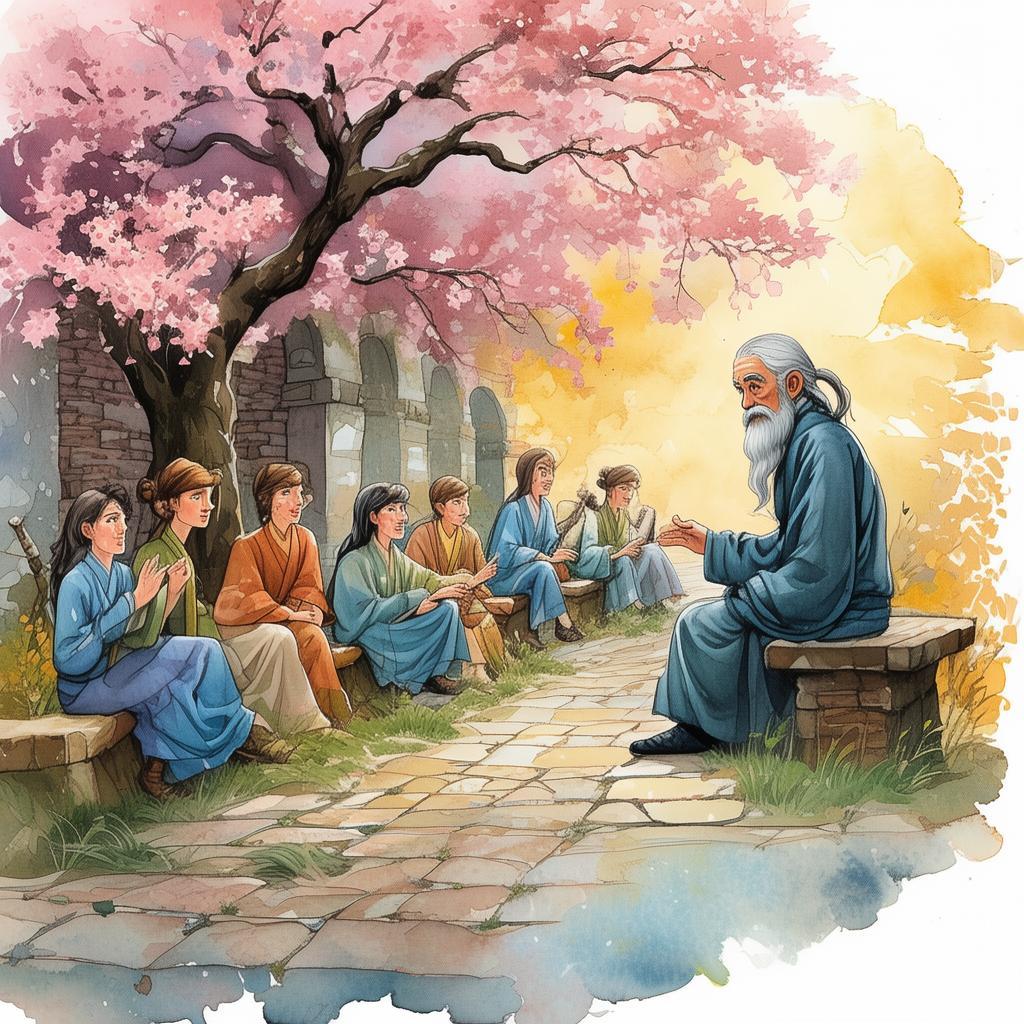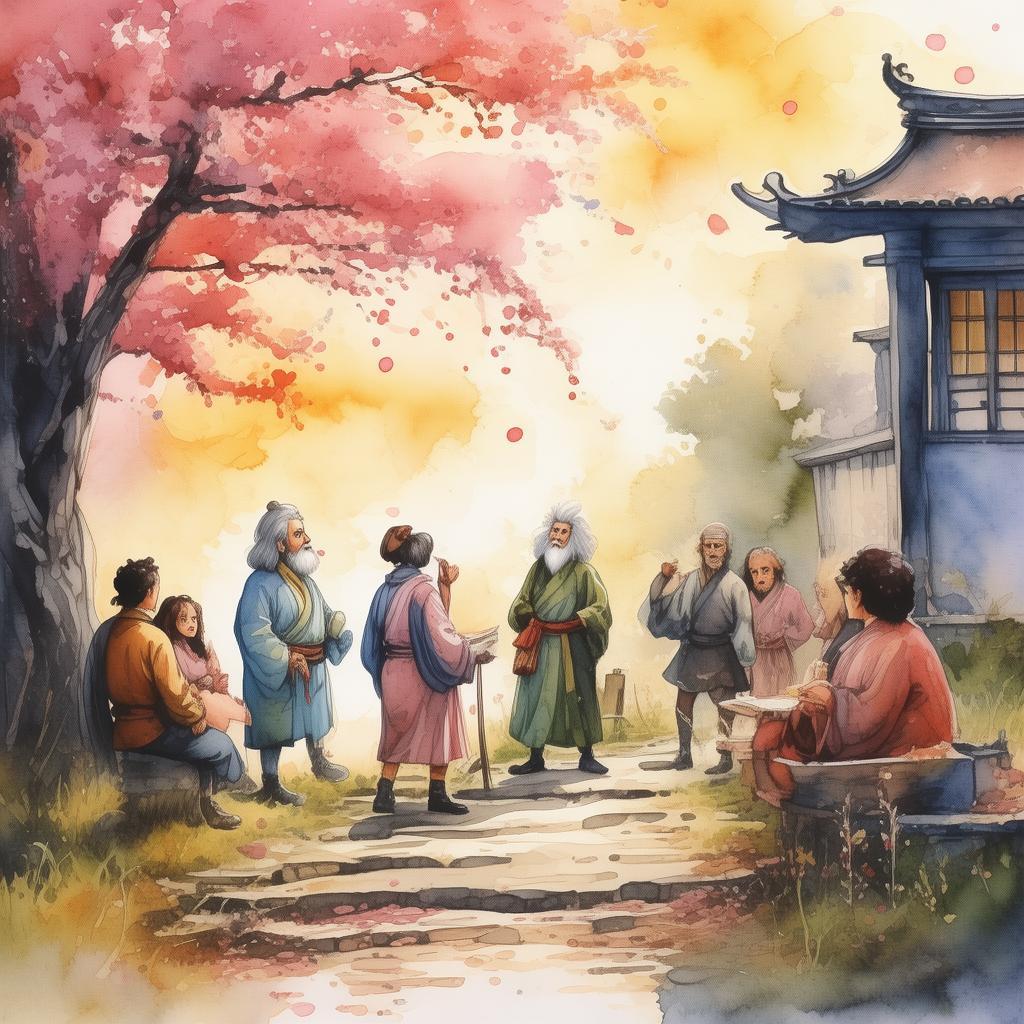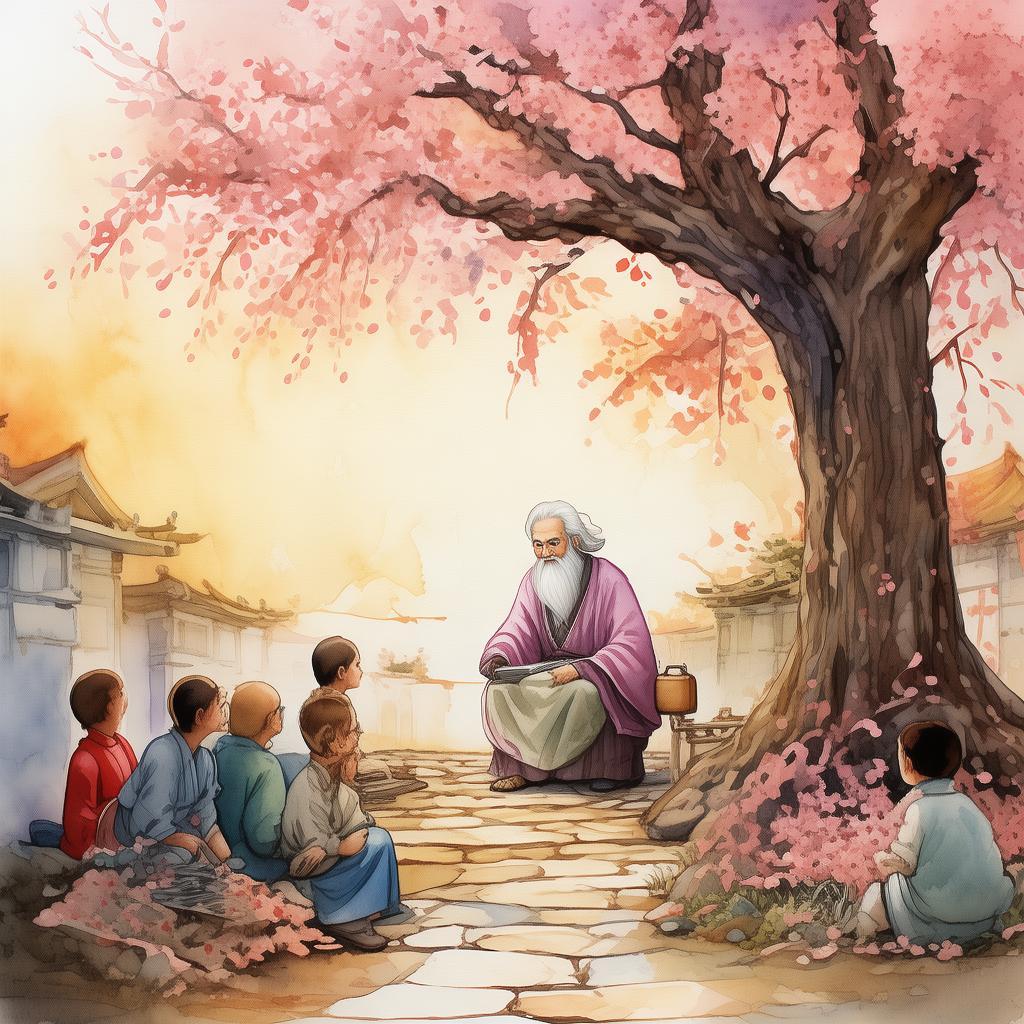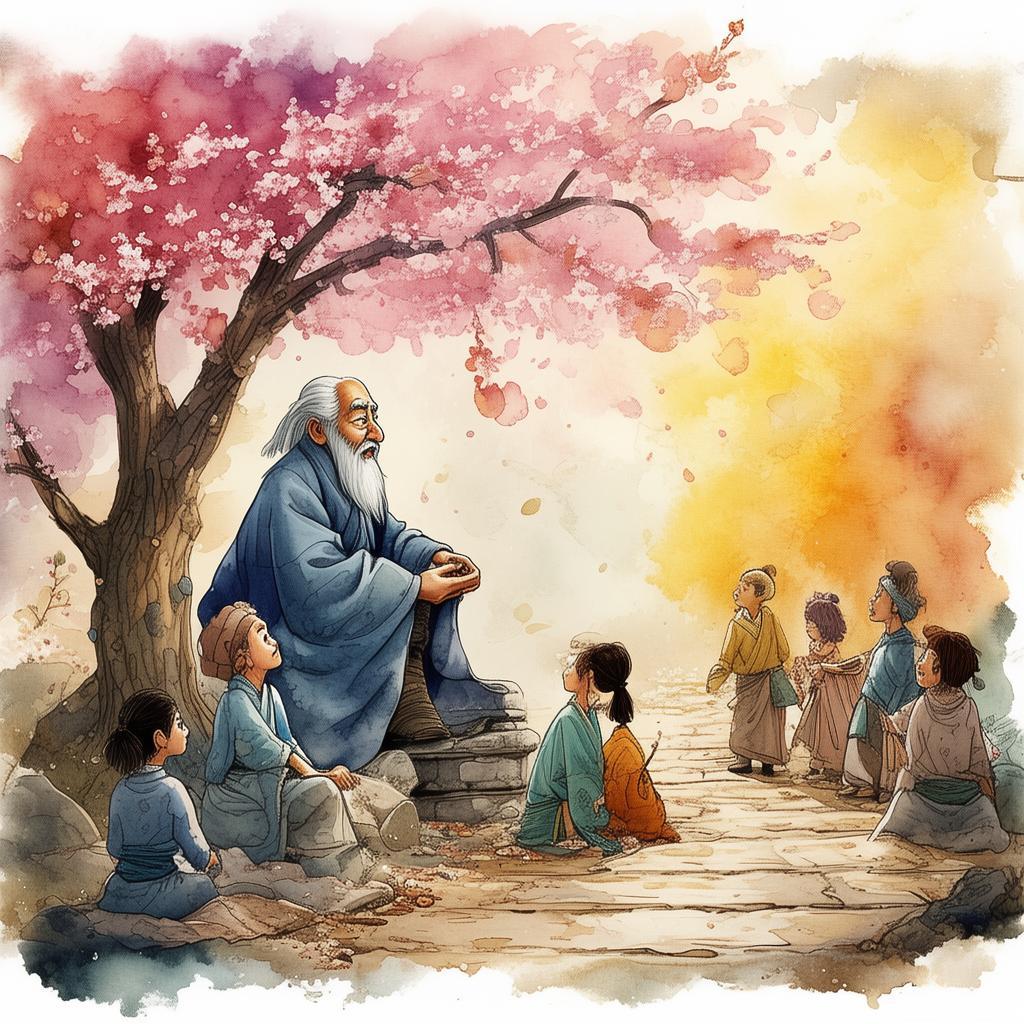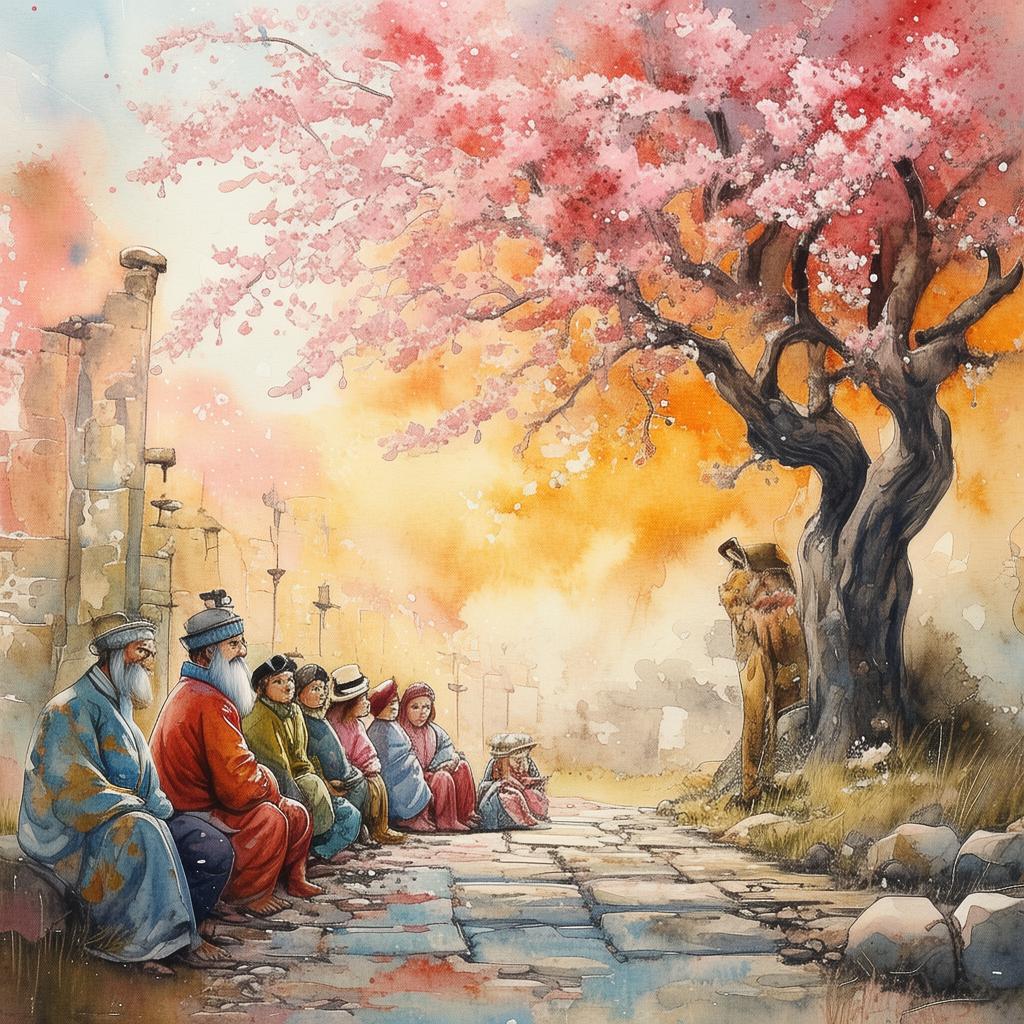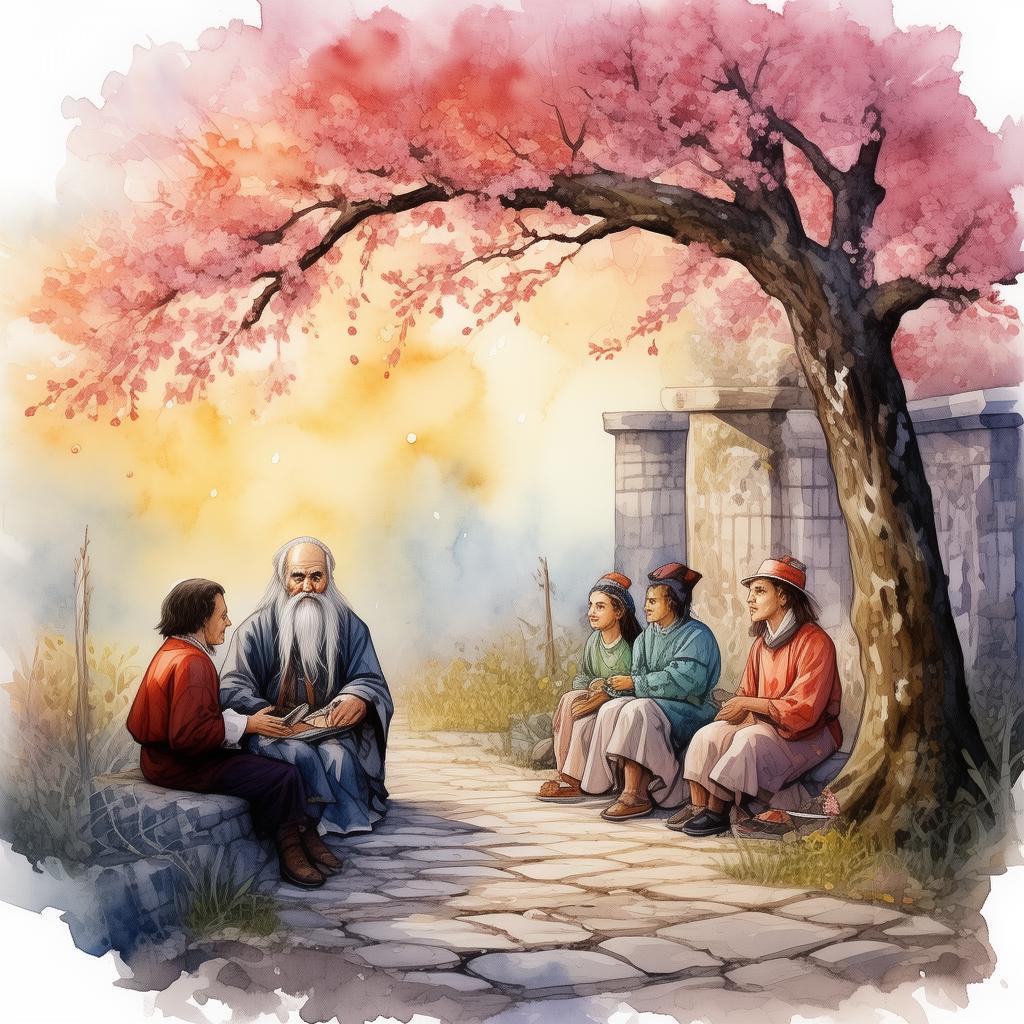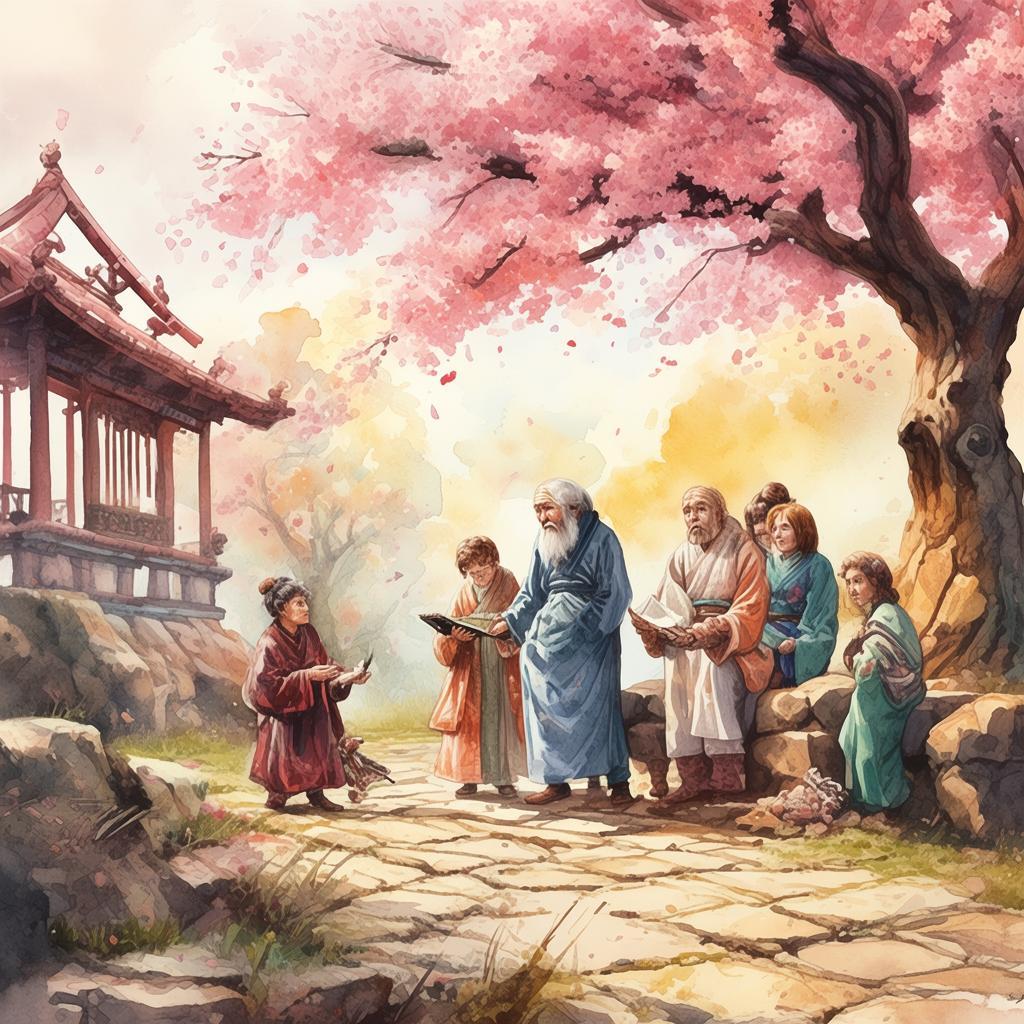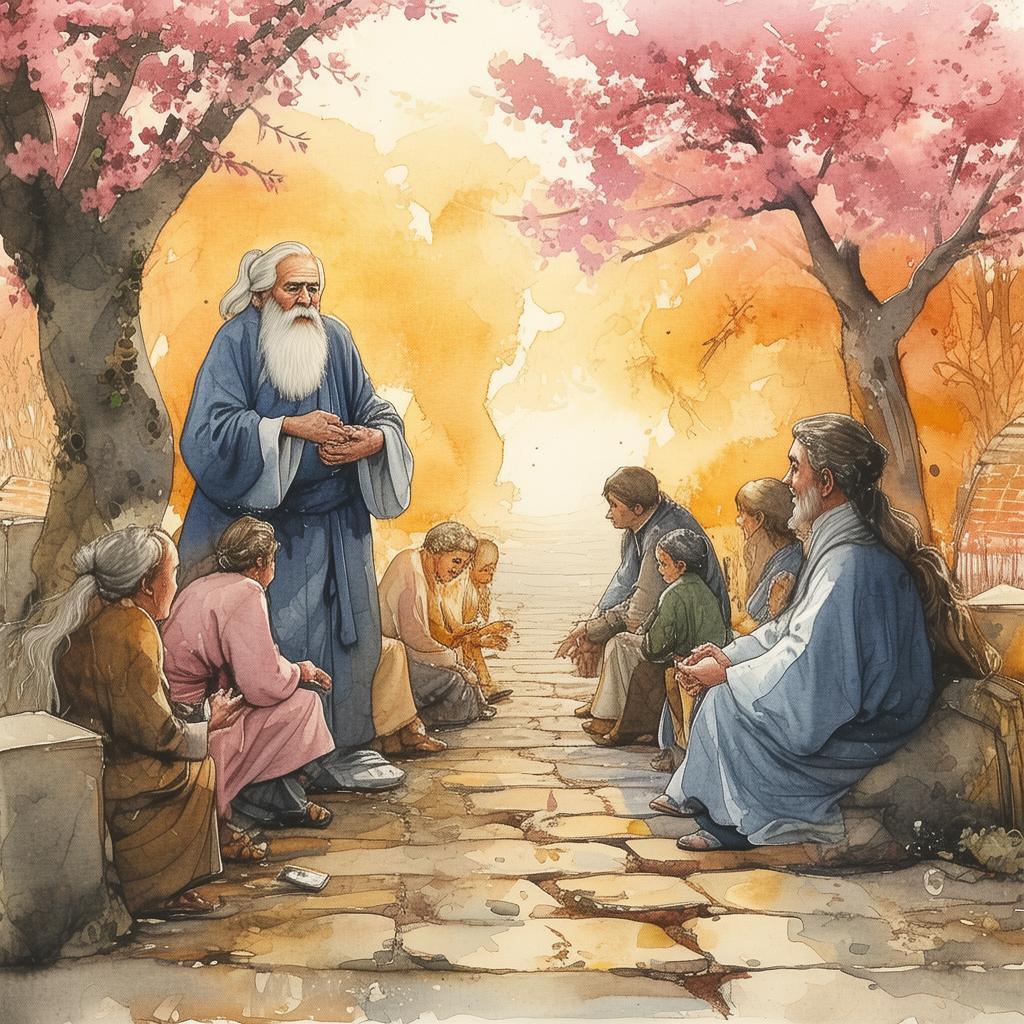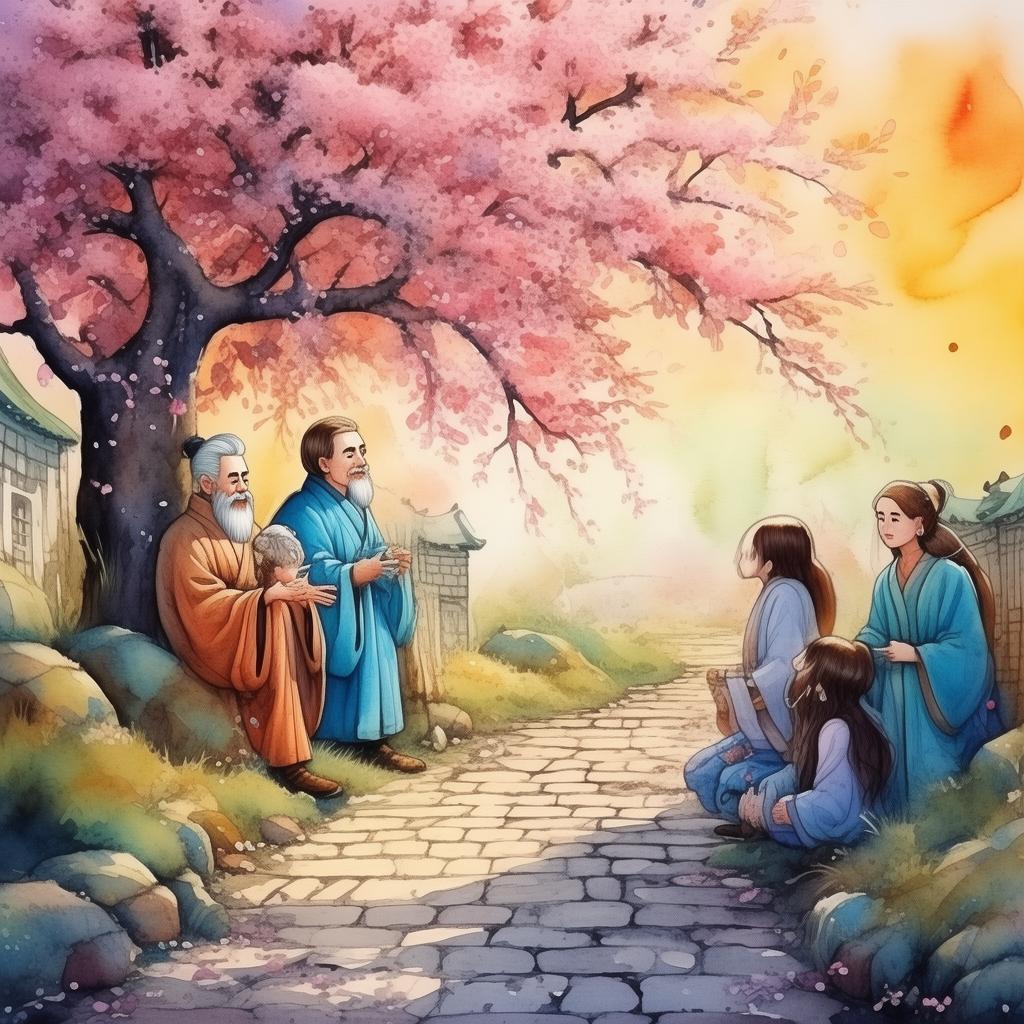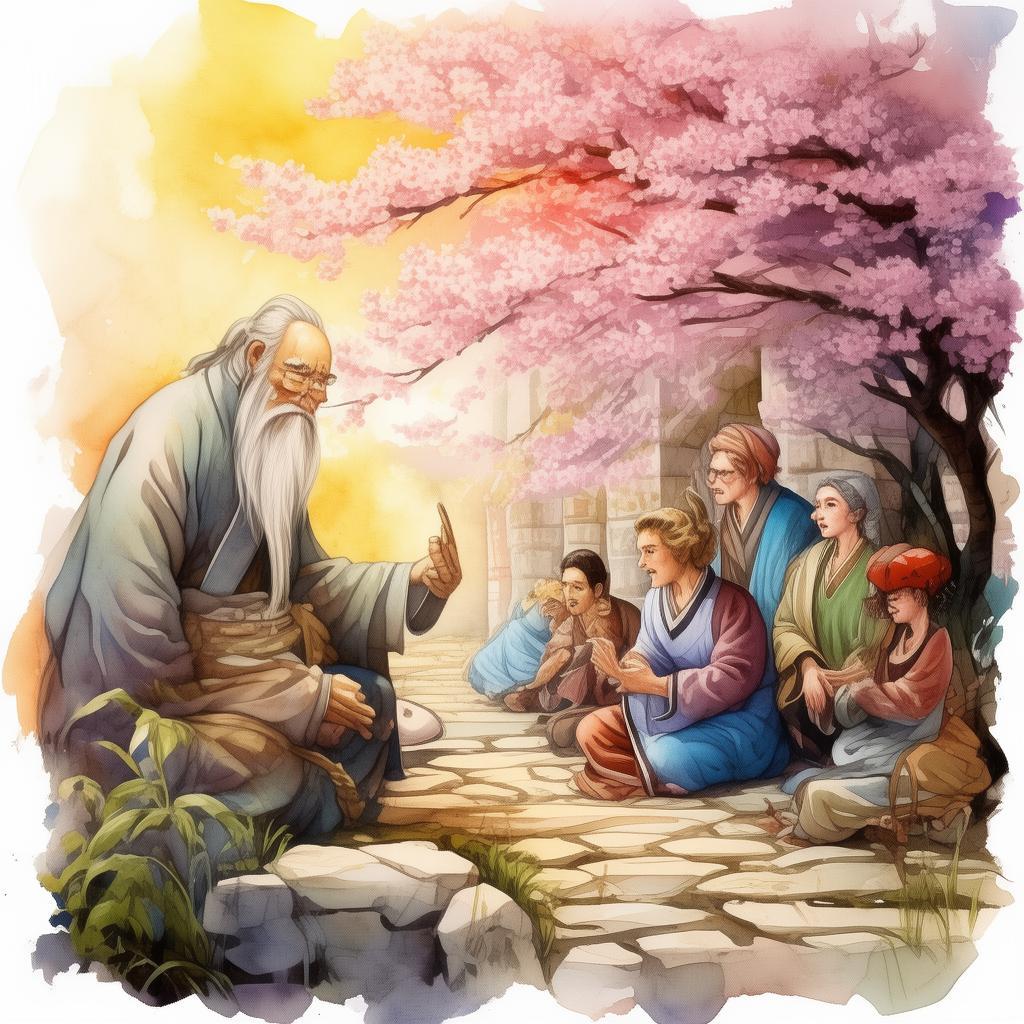Redemption Through Pinyin: A Sinner's Quest for Forgiveness
In the heart of a bustling metropolis, there was a man named Ming who had once been known for his cunning and deceit. Ming's life was a whirlwind of success and notoriety, but beneath the facade of his enviable life, he carried the heavy burden of a secret that none but himself knew.
The secret was the source of his deepest guilt. Ming had betrayed his best friend, Li, by using his trust to further his own ambitions. His actions had led to Li's downfall and the loss of a precious family heirloom, a jade amulet that had been passed down through generations. The betrayal had caused Li to flee the city, leaving behind a trail of pain and resentment.
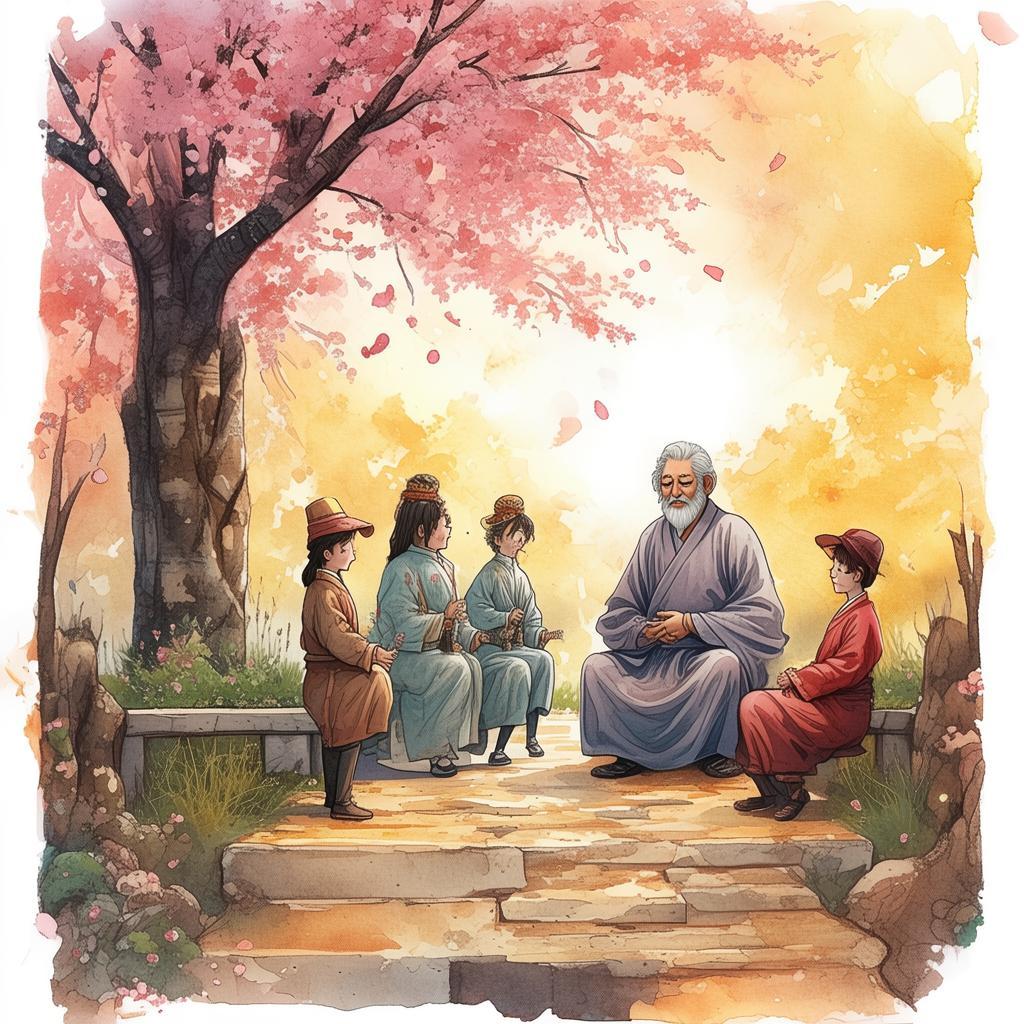
Years had passed, and Ming's reputation as a sinner had grown. He was a master of the written word, particularly in the use of Pinyin, a phonetic system that had become an integral part of modern Chinese. Ming had built a successful career as a linguist, teaching Pinyin to students from all walks of life, but his heart was never at peace.
One day, a mysterious letter arrived in Ming's mailbox. It was from Li, inviting him to a reunion. Ming's heart raced with a mix of fear and hope. He knew that Li would seek revenge, but Ming was also desperate for a chance to make amends for his past mistakes.
The reunion took place in a small, dimly lit room. Ming's eyes met Li's, and the years of separation seemed to melt away. Li spoke, his voice laced with bitterness, "Ming, you owe me an apology."
Ming took a deep breath and began to speak. He started by explaining the Pinyin system, his passion for language, and his desire to make it accessible to all. "I've dedicated my life to this because I want to change the world, a little at a time," he said.
Li's eyes softened, and he interrupted, "But what about me? You stole my future, Ming. You took away something that was mine and made it yours."
Ming fell silent, his eyes welling with tears. "I can never give you back the jade amulet or the years we lost. But I can promise you this: I will teach you everything I know about Pinyin, and I will use it to help people just like us. I will show you that even a sinner can find redemption."
Li's expression changed from one of anger to one of contemplation. He thought for a moment and then nodded. "Very well, Ming. I will trust you with my future."
The next few months were spent in a deep, collaborative effort. Ming taught Li Pinyin, and Li shared his knowledge of calligraphy and the ancient Chinese characters. They worked together, their minds connecting over the beauty of language and its power to heal.
One evening, as they sat together in Ming's study, Li took a piece of paper and began to write. He handed it to Ming, who read the words aloud: "For the first time in years, I feel hope. Thank you, Ming."
Ming looked at Li, his eyes filled with gratitude. "And I thank you, Li. For giving me a second chance to make things right."
The story of Ming's redemption spread like wildfire through the city. People began to see him not as a sinner, but as a man who had found a path to forgiveness and had chosen to help others do the same. Ming's classes in Pinyin became a sanctuary for those who needed healing, a place where the spoken and written word could bridge the gaps of misunderstanding and bring hope.
And so, Ming's journey of redemption through Pinyin continued, not just as a linguist, but as a symbol of the power of forgiveness and the possibility of second chances for all sinners.
✨ Original Statement ✨
All articles published on this website (including but not limited to text, images, videos, and other content) are original or authorized for reposting and are protected by relevant laws. Without the explicit written permission of this website, no individual or organization may copy, modify, repost, or use the content for commercial purposes.
If you need to quote or cooperate, please contact this site for authorization. We reserve the right to pursue legal responsibility for any unauthorized use.
Hereby declared.
